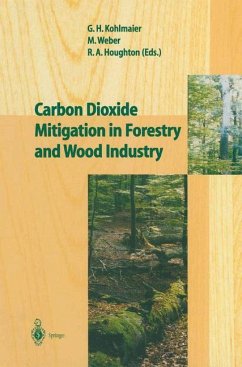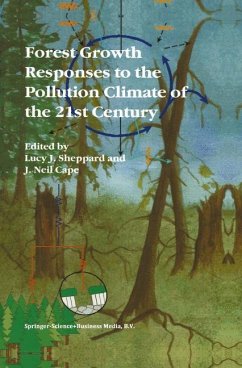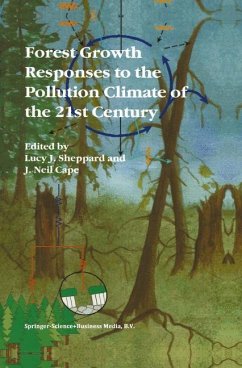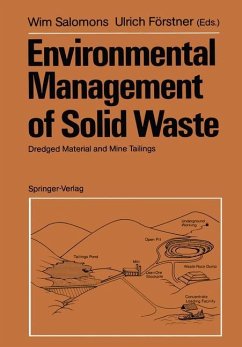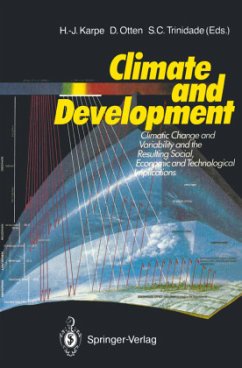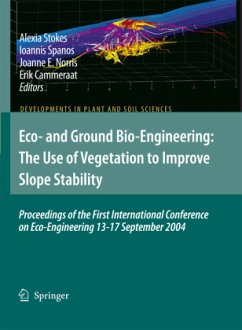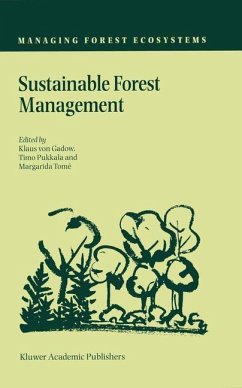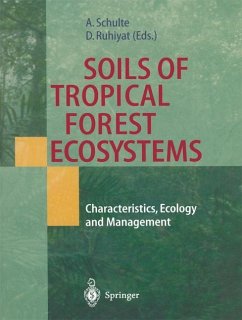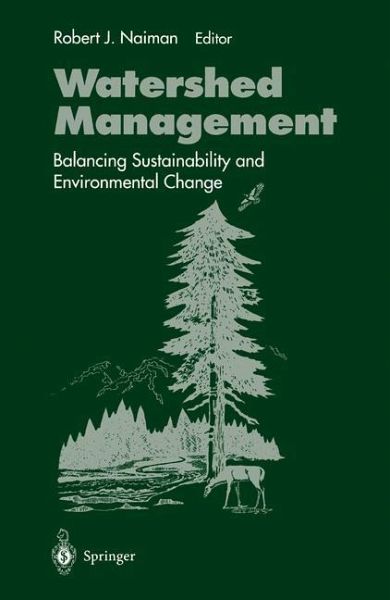
Watershed Management
Balancing Sustainability and Environmental Change
Herausgegeben: Naiman, Robert J.
Versandkostenfrei!
Versandfertig in 1-2 Wochen
77,99 €
inkl. MwSt.

PAYBACK Punkte
39 °P sammeln!
Conceptual separation of humans and natural ecosystems is reflected in the thinking of most natural resource management professions, including for estry, wildlife management, fisheries, range management, and watershed management (Burch 1971). Such thinking can deny the reality of the human element in local, regional, and global ecosystems (Bonnicksen and Lee 1982, Klausner 1971, Vayda 1977). As complex organisms with highly developed cultural abilities to modify their environment, humans directly or indirectly affect almost all terrestrial and aquatic ecosystems (Bennett 1976). Conse quently, ...
Conceptual separation of humans and natural ecosystems is reflected in the thinking of most natural resource management professions, including for estry, wildlife management, fisheries, range management, and watershed management (Burch 1971). Such thinking can deny the reality of the human element in local, regional, and global ecosystems (Bonnicksen and Lee 1982, Klausner 1971, Vayda 1977). As complex organisms with highly developed cultural abilities to modify their environment, humans directly or indirectly affect almost all terrestrial and aquatic ecosystems (Bennett 1976). Conse quently, information for managing watershed ecosystems is incomplete without consideration of human institutions and activities. Sociologists have studied the relationships between human societies and the land base or ecosystems on which they depend for over 60 years (Field and Burch 1990). These studies are distinguished by (1) a holistic perspec tive that sees people and their environments as interacting systems, (2) flex ible approaches that permit either the environment or human society to be treated as the independent variable in analyzing of society-environment re lations, and (3) accumulation of a substantial body of knowledge about how the future welfare of a society is influenced by its uses (or misuses) of land and water (Firey 1990).





